Education enables upward socioeconomic mobility and is a key to escaping poverty. Over the past decade, major progress was made towards increasing access to education and school enrollment rates at all levels, particularly for girls. Nevertheless, about 260 million children were still out of school in 2018 – nearly one fifth of the global population in that age group.
And more than half of all children and adolescents worldwide are not meeting minimum proficiency standards in reading and mathematics.
In 2020, as the COVID-19 pandemic spread across the globe, a majority of countries announced the temporary closure of schools, impacting more than 91 per cent of students worldwide. By April 2020, close to 1.6 billion children and youth were out of school. And nearly 369 million children who rely on school meals needed to look to other sources for daily nutrition.
Never before have so many children been out of school at the same time, disrupting learning and upending lives, especially the most vulnerable and marginalised. The global pandemic has far-reaching consequences that may jeopardize hard won gains made in improving global education
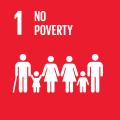

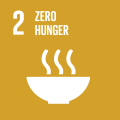

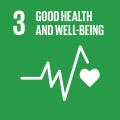

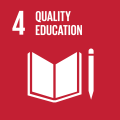

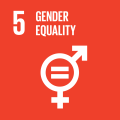

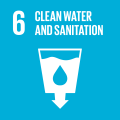

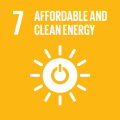

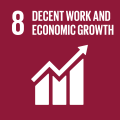



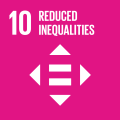

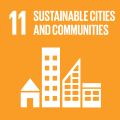

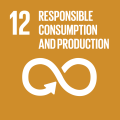

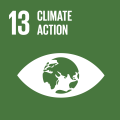

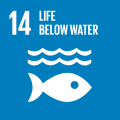

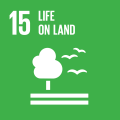

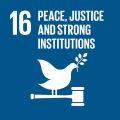

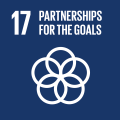

Facts & Figures
Before the coronavirus crisis, projections showed that more than 200 million children would be out of school, and only 60 per cent of young people would be completing upper secondary education in 2030.
Before the coronavirus crisis, the proportion of children and youth out of primary and secondary school had declined from 26 per cent in 2000 to 19 per cent in 2010 and 17 per cent in 2018.
More than half of children that have not enrolled in school live in sub-Saharan Africa, and more than 85 per cent of children in sub-Saharan Africa are not learning the minimum
617 million youth worldwide lack basic mathematics and literacy skills.
Some 750 million adults – two thirds of them women – remained illiterate in 2016. Half of the global illiterate population lives in South Asia, and a quarter live in sub-Saharan Africa.
In 10 low- and middle-income countries, children with disabilities were 19per cent less likely to achieve minimum proficiency in reading than those without disabilities.
4 million refugee children were out of school in 2017
Want to know more about
Sustainable Development?
Simply fill out your email and message and one of our agents will get back to you.
